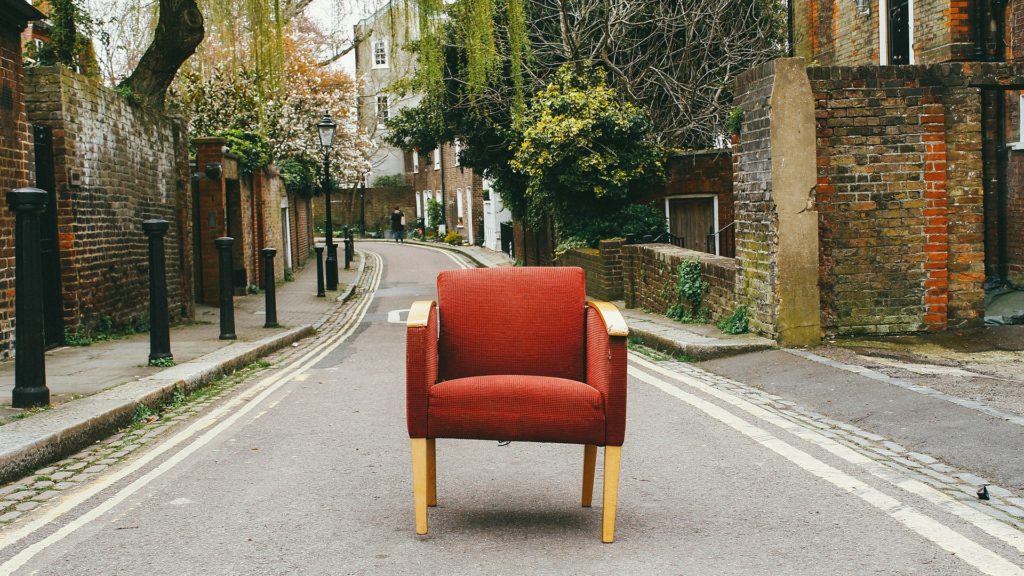
The study from the Turku PET Centre and UKK Institute in Finland looked into whether reducing daily sitting could help prevent or relieve back pain in overweight or obese adults who spend most of their day sitting. The participants were able to reduce their sitting time by an average of 40 minutes per day over the six-month study period.“Our participants were quite normal middle-aged adults, who sat a great deal, exercised little, and had gained some extra weight. These factors increase the risk for cardiovascular disease and back pain,” says Doctoral Researcher and Physiotherapist Jooa Norha from the University of Turku in Finland.
Previous results from the same and other research groups have suggested that sitting may be detrimental to back health, but the data has been preliminary.
Robust methods for studying the mechanisms behind back pain
The researchers also examined potential mechanisms behind the prevention of back pain.
”However, we did not observe that the changes in back pain were related to changes in the fattiness or glucose metabolism of the back muscles,” Norha says.
Individuals with back pain have excessive fat deposits within the back muscles, and impaired glucose metabolism or insulin sensitivity can predispose to pain. Nevertheless, back pain can be prevented or relieved even if no improvements in muscle composition or metabolism occur. The researchers measured the back muscles using magnetic resonance imaging (MRI) and PET imaging based on a radioactive tracer.
“If you have a tendency for back pain or excessive sitting and are concerned for your back health, you can try to figure out ways to reduce sitting at work or during leisure time. However, it is important to note that physical activity, such as walking or more brisk exercise, is better than simply standing up,” Norha points out.
The researchers wish to remind us that switching between postures is more important than seeking the perfect posture.